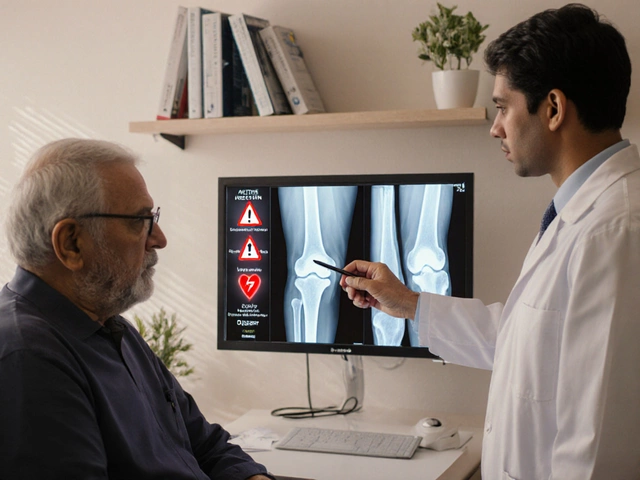Apple Cider Vinegar – What It Is, How It Helps, and When to Be Careful
Apple cider vinegar (ACV) is a fermented liquid made from crushed apples, yeast, and bacteria. The process turns apple sugar into acetic acid, the stuff that gives vinegar its sharp taste. In India you’ll find it in grocery aisles, health stores, and online, often marketed as a miracle tonic.
Top health claims that actually have some backing
People love ACV for digestion. A tablespoon diluted in water can boost stomach acid, which helps break down food and may ease mild heartburn. Some small studies from around the world show it can lower post‑meal blood sugar spikes, so diabetics sometimes sip it before a carb‑heavy lunch.
Weight‑loss fans say ACV curbs appetite. The acid may slow gastric emptying, making you feel full longer. While it’s not a substitute for a balanced diet, adding a diluted dose before meals can reduce snack cravings for many folks.
When ACV can become a problem
The same acetic acid that helps digestion can also irritate tissues. Drinking it undiluted burns your throat and erodes tooth enamel fast. In India, some cheap ACV brands contain added sugar or synthetic colour, which may increase calorie load and cause allergic reactions.
Drug interactions are another hidden danger. ACV can lower potassium levels, so taking it with diuretics, insulin, or heart meds might cause imbalance. If you’re on any prescription, ask your doctor before making ACV a daily habit.
Contamination risk is real. Improperly sealed bottles can develop mould or harmful bacteria. Always check the “best before” date, keep the lid tight, and store ACV in a cool, dark place. If you notice cloudiness, foul smell, or sediment that isn’t the usual “mother,” toss it.
Pregnant or breastfeeding women should limit ACV. High acidity can aggravate nausea, and there isn’t enough safety data to guarantee it won’t affect the baby.
For children, stick to a fraction of the adult dose—about half a teaspoon in a glass of water, once a day. Too much can upset their stomach and affect growth‑related mineral balance.
How to use ACV safely in everyday life
Start small. Mix 1 tsp (5 ml) of raw, unfiltered ACV with 250 ml of water. Add a little honey or jaggery if the taste is too sharp. Drink it once a day, preferably before a meal.
If you want it in food, use it as a salad dressing base. Combine ACV, olive oil, a pinch of salt, and a dash of cumin for an Indian‑style vinaigrette that pairs well with cucumber or carrot salads.
Never pour ACV straight onto your skin or hair without dilution. A 1 % solution (about 1 tsp in a cup of water) can work as a gentle astringent, but stronger mixes cause burns.
Keep an eye on your teeth. Rinse your mouth with plain water after drinking ACV, or use a straw to bypass teeth. Regular dental check‑ups will catch early enamel wear.
Track any side effects. If you notice persistent low potassium (muscle cramps, irregular heartbeat) or stomach pain, stop using ACV and talk to a healthcare professional.
By following these simple steps, you can enjoy the potential benefits of apple cider vinegar while minimizing the risks—especially in the diverse Indian market where product quality can vary widely.
Remember, ACV is a supplement, not a cure. Combine it with a balanced diet, regular exercise, and proper medical care for the best results.

Apple Cider Vinegar and Liver Health: Myths and Facts
Apple cider vinegar is widely claimed to have numerous health benefits, including aiding in liver detoxification. This article explores whether these claims hold any truth by examining the effects of apple cider vinegar on liver health. Understanding the liver's function and looking at various studies can help clarify the role this popular herbal supplement might play in detoxification. Discover both the scientific and mythical aspects of using apple cider vinegar for liver cleansing.

Which Diabetic Medication Helps You Lose Weight?
Feb, 15 2025

Safest Diabetic Medications: What's Best for You?
Apr, 14 2025

What's the Safest Diabetic Medicine to Take?
Apr, 1 2025

